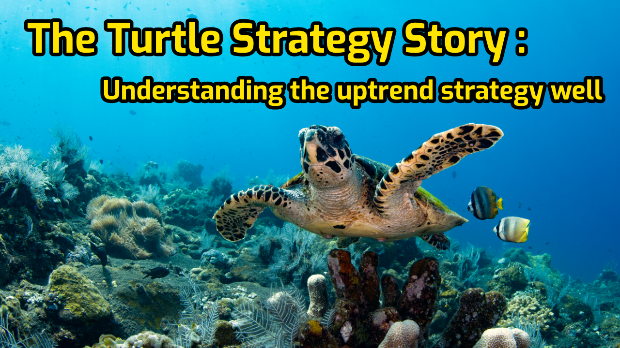Investors should adopt the qualifying question mindset when looking for new investments. Our time is limited and we don't have the capacity to cover every investable company. Time spent researching a company not worth investing in means less time spent researching a potentially good investment. A common investment meme is that knowledge is cumulative and that all that time spent on dead end investment leads will somehow help with good investments. This is simply not true, time spent on dead end leads is sunk time.
I prefer to research stocks differently in that I take the qualifying question approach in order to save time and focus my efforts. I prefer to invest in small stocks, so I don't look at larger companies. This is a personal preference, but that preference eliminates a lot of the investment noise. Most investment chatter is regarding the largest and most well known companies, the ones I'm not focused on.
I further limit my universe by looking for stocks with a traditional undervaluation on either an earnings or asset basis. If I come across a stock at 45x earnings at 150x book that's growing at 30% a year I will probably pass. This might seem crazy, why would I pass up the express train to unlimited profits via growth? It's because I'm not an expert on valuing growing companies. I like when companies grow, but I can't tell Crocs from Heelys or Starbucks from Caribou coffee. I've learned that I'm good at determining a stock's downside, determining the likelihood of a stock trading up to a higher valuation and I stick with what I know.
This isn't to say that growth stocks are bad, or value stocks are better, neither is better than one or the other. I'm saying that I stick to what I know. I think all investors should stick with what they know, what style works with their own personality.
My guidelines for an acceptable investment are very broad. There are many types of strategies that work in certain market environments, but no strategy that always works all the time. What I mean is this, an investor needs to be flexible. In some markets net-nets are attractive investments, other times low P/B value stocks, and at times companies that trade at earnings discounts to their peers. There isn't a golden strategy, and it pays (literally) to be flexible.
The criticism to this approach could be that by being too restrictive I'm missing great opportunities. The criticism is correct, I'm missing plenty of opportunities, many of them good! The nature of investing is that unless you're buying the entire market you will always miss great opportunities. The converse is that by being more restrictive I'm always forcing myself to pass on bad investments. Or investments that might be fascinating reading, but that ultimately don't have an attractive valuation.
Some investors like to research companies with the hope that one day the company will suddenly trade with a lower valuation. It's an interesting approach, but why not find companies that right now meet your valuation criteria? If the answer is "there are none" then it's time to reconsider your criteria. Of the 60,000 stocks worldwide I would expect that at any given time there would be at least 15-20 investable companies at the desired valuation with desired characteristics.
Spending time on what you own, or what you want to own that is qualified is much more valuable than spending time on something that isn't qualified. If the ultimate goal of investing is to find undervalued investments and invest in them then wouldn't it stand to reason that any time devoted to research should be spent looking for those undervalued investments now?
Investors are usually afraid to pass on a company because it might do well in the future. The truth is there will be many companies that do well that we never own. The fear of missing out is a real fear, but it has no place in investing. Rather focus on what can be controlled, the time spent researching and what you research. Stay up to date on current holdings and look for new holdings in a qualified pool of investments. The best research might be deciding an investment isn't worth further research and moving on.






















gray
Post removed.Why?
2016-01-30 18:03